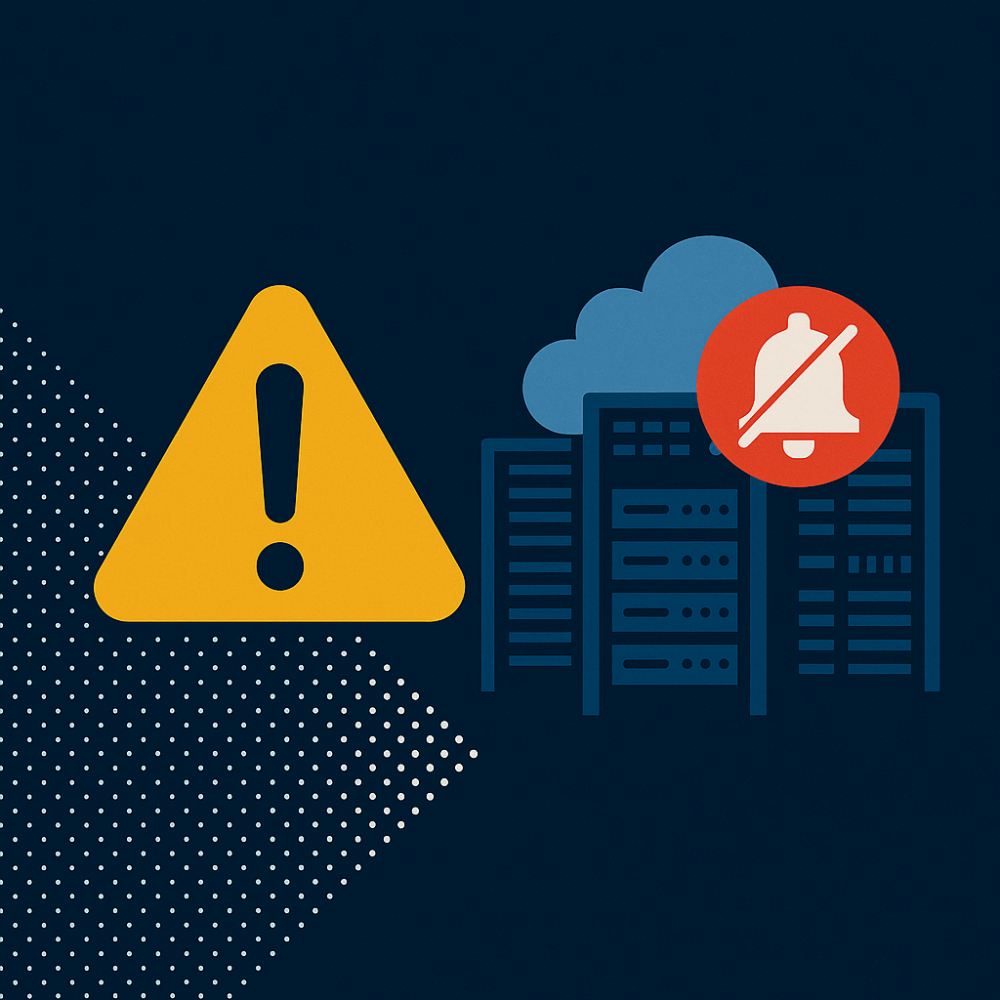The Uptime Institute examined the evolution of Data Center Infrastructure Management (DCIM) in their article “DCIM Past and Present: What’s Changed?”, highlighting its advancements and ongoing challenges.
While DCIM has indeed improved over the years, it still falls short of the functionalities offered by a comprehensive and integrated solution like MCIM.
DCIM Vulnerabilities
Uptime Institute’s article covers four areas where DCIM is particularly vulnerable and even deficient:
- Complexity and Customization Costs: DCIM software often requires expensive customizations to meet specific data center needs, which many operators find challenging due to limited budgets and expertise.
- Integration Issues: Traditional DCIM solutions struggle to work with third-party applications and existing building management systems. This leads to extra expenses for APIs and system integration.
- Sustainability and Resiliency: DCIM can help facilities run better by tracking usage and sustainability, but it needs strong monitoring and reporting systems.
- User Experience and Visualization: New DCIM systems have better interfaces and tools, but still need improved automation and analytics for workflows and data.
Outperforming with MCIM
When comparing DCIM to MCIM, MCIM provides a robust and comprehensive solution that addresses the limitations of traditional DCIM by integrating both machine-generated and human-generated data, offering enhanced scalability, security, and operational efficiency.
Here are some of the many ways MCIM outperforms traditional DCIM:
- Machine and Human Data: Unlike DCIM, which primarily handles machine-generated data, MCIM integrates both machine and human-generated data. This ensures a more complete and accurate operational picture.
- Real-Time Insights: MCIM offers real-time data updates, ensuring that both machine and human-generated data are current and actionable. This is critical for effective decision-making and operational management.
- Enterprise-Wide Platform: MCIM is designed to scale across global operations, providing a single pane of glass view for multi-site reporting. This contrasts with DCIM’s often limited single-site focus.
- Salesforce Cloud Platform: Leveraging the Salesforce cloud platform, MCIM ensures robust security and scalability, addressing the challenges associated with DCIM’s hardware-dependent deployments.
- Comprehensive Asset Management: MCIM’s asset management capabilities extend beyond basic tracking to include full lifecycle management, reliability statistics, and integration with other operational modules.
- Maintenance Planning and Change Control: MCIM provides enterprise-grade maintenance planning and change control, linking to organizational engineering standards and best-in-class CMMS functions.
- Incident Management: MCIM excels in incident management by integrating reporting, root cause analysis, and seamless event management, providing deeper insights into operational disruptions.
- Environmental and Safety Compliance: MCIM supports rigorous environmental and safety compliance through its Permit to Work (PTW) module, ensuring all safety protocols are followed and documented, reducing the risk of violations and fines.
- Benchmarking and Analytics: MCIM’s benchmarking capabilities allow operators to compare performance against internal and industry peers, driving continuous improvement and operational excellence.
- User-Friendly Interfaces: MCIM offers intuitive interfaces and robust visualization tools, making it easier for operators to manage complex data and workflows.
- Automated Workflows: MCIM automates repetitive tasks and ensures compliance with standardized procedures, reducing human error and enhancing efficiency.
While DCIM has made significant strides, MCIM provides a foundational and complementary solution that addresses the broader operational needs of modern data centers. By integrating machine and human-generated data, offering robust scalability, and enhancing operational efficiency, MCIM stands out as a superior choice for comprehensive mission-critical information management.




